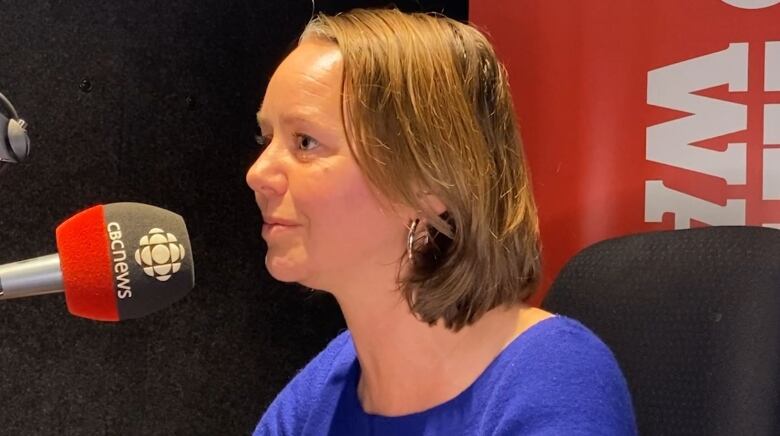Pleas for help mount from Ontario municipal leaders as number of overdoses grow
Guelph mayor joins call for higher levels of government to do more

As the number of overdoses rise in Ontario, there are calls by municipal and health-care leaders for the provincial and federal governments to do more to stop the crisis.
Belleville, Ont. was hit with 23 over the course of two days this past week. InGuelph,there were seven drug poisonings Thursday. In Hamilton, officials warned paramedics had seen a rise in suspected drug poisoning where some "required three or more rounds of naloxone administration."
On Thursday, Belleville Mayor Neil Ellis declared a state of emergency. In a media statement on the city website, the city is"calling on senior level governments for support."
"We are at the point where doing our best doesn't cut it anymore," Ellis said in the release.
WATCH|Overdoses are rising but resources to help are scarce, Belleville, Ont., mayor says:
Guelph Mayor Cam Guthrie told CBC Kitchener-Waterloo'sThe Morning Edition host Craig Norris that in May 2022, the Ontario Big City Mayors' Caucus were "begging" the province for an "emergency meeting" to discuss the matter.
They still haven't hadthat meeting.
Guelph has seen 66suspected drug poisoningsso far this year, with fourdeaths suspected to be drug related. That's compared to 34 suspected drug poisoningsand one death between Jan. 1 and Feb. 9, 2023.
Drug overdoses and "incidents" are reported on the public health's FAST Overdose Alert Platform.In three days, Guelph has seen:
- Five incidents reported on Feb. 7.
- Nine on Feb. 8
- Three by midday on Feb. 9.
"When I see what's happening in Belleville, when I see what's happening in Guelph and everywhere else, we need the province especially, and upper levels of government, to help our cities, because cities are not structured with property tax dollars to have it go to health-care issues such as addictions and mental health," Guthrie said.
Two more #overdose alerts added this afternoon: Guelph Wellington and Hamilton.#OnHealth #OnPoli
Other drug poisoning alerts in this thread at: https://t.co/9T38e9ScNZ pic.twitter.com/LMJd3pdRZB
—@DrugStrategiesIn Waterloo Region there have been eight suspected drug-related deaths this year; last year there were 43, as well as 20 probable deaths.
"I really hope that the City of Bellville, us, every other city that's experiencing these things every single day finally tries to get the attention of the upper levels of government so that we can get the help that we need, and more specifically the people that are actually having addictions issues can get the help that they need," Guthrie added.
In responseto comments byGuthrie,W.D. Lighthall, a spokesperson forOntario ministry of health, pointed to their "Roadmap to Wellness" program, which is investing $3.8 billion across 10 years for a "modern, world-class mental health and addictions system."
"Our [2023-2024] budget also includes a 5 per cent increase in base funding for community based mental health and addiction organizations,"Lighthall said in an email statement, while also highlighting their "Addictions Recovery Fund" which is a "one-time investment of $90 million over three years to boost capacity in addictions services, adding 500 new addiction treatment beds."
Calls for more consumption and treatment services
The Canadian Mental Health Association (CMHA) joined the calls, asking the Ontario government to "move forward with approving more consumption and treatment service sites," in a press release on Friday.
"We are deeply concerned by the recent drug poisonings across the province and the impact on our communities," Camille Quenneville the CEO of CMHA in Ontario said in the release.
"Low-barrier services like consumption and treatment service sites are a crucial first step in saving lives."

Green MPP Aislinn Clancy, who represents Kitchener Centre, issued a statement Friday in which she askedfor the province to provide more consumption and treatment services, too, and "to develop and fund a comprehensive mental healthcare and addictions strategy."













_(720p).jpg)


 OFFICIAL HD MUSIC VIDEO.jpg)
.jpg)



























































































